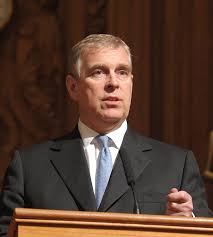Rafael Obrador: Navigating the Future of Mexican Politics

Introduction
The political landscape of Mexico has been significantly influenced by key figures over the years, with Rafael Obrador emerging as one of the most pivotal during the last decade. Known for his dynamic approach and strong perspectives on social issues, Obrador’s policies and leadership have sparked a robust dialogue regarding the future of governance in Mexico.
The Rise of Rafael Obrador
Rafael Obrador, a member of the MORENA party, became widely recognized when he won the presidency in 2018. His administration has focused on a range of issues including anti-corruption measures, social welfare programs, and energy reforms aimed at boosting the domestic production of oil and electricity. Obrador’s ambitious initiatives such as the construction of the Maya Train and the expansion of social programs have garnered significant attention and mixed reactions from various sectors of society.
Key Policies and Initiatives
Since assuming office, Obrador has launched several initiatives aimed at improving living conditions for disadvantaged communities. One of his landmark programs, known as ‘Sembrando Vida’, aims to combat deforestation while providing employment to rural populations through reforestation efforts. This plan not only addresses environmental concerns but also seeks to alleviate poverty by creating sustainable livelihoods.
Furthermore, his administration has put a strong emphasis on healthcare reform, particularly highlighted by the COVID-19 pandemic. Obrador has championed accessible medical services and has sought to strengthen the public health system in a nation where many citizens traditionally relied on private healthcare.
Challenges and Criticism
However, Obrador’s presidency is not without its challenges. Critics argue that some of his approaches, particularly in terms of environmental policy and public safety, have been overly ambitious or inadequately executed. Additionally, his refusal to engage with certain sectors of the media has raised concerns about transparency and accountability.
Conclusion
As Rafael Obrador continues his term, the significance of his leadership and policies remains a central question in Mexican politics. The implications of his contentious reforms and initiatives will likely shape the future political landscape for years to come. With a general election approaching in 2024, the decisions made today will play a crucial role in determining the direction of Mexico’s governance and its societal welfare. Observers are keen to see how Obrador’s vision aligns with the needs and aspirations of the Mexican populace as they navigate these complex scenarios.









